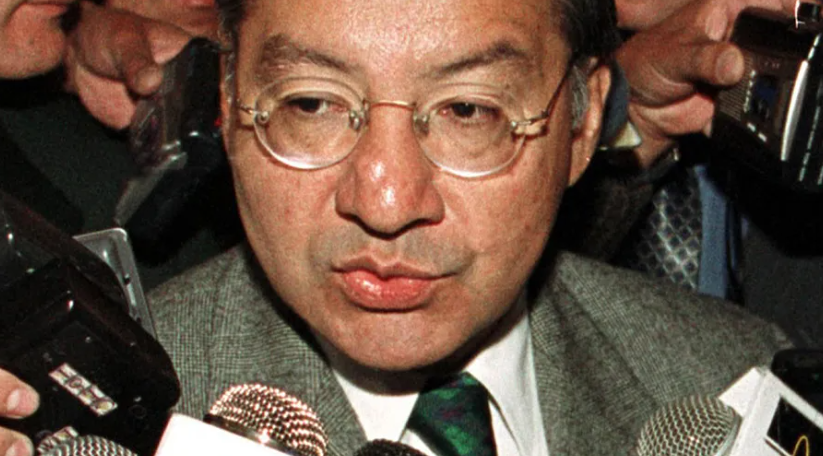Victor Manuel Rocha, a former US diplomat who once served as the ambassador to Bolivia, has admitted to working as a Cuban agent for over four decades.
The 73-year-old diplomat, charged with covertly sharing information with the Cuban government since 1981 while employed by the US State Department, changed his plea to guilty during a court hearing in Miami.
Originally, the hearing was meant to discuss the handling of classified documents in the case, but it took an unexpected turn when Rocha, along with his legal team and prosecutors, revealed a plea deal had been reached. When asked by Judge Beth Bloom if he wished to change his plea to guilty, Rocha affirmed, “Your honor, I am in agreement.”
The charges against Rocha include violating the Foreign Agents Registration Act, wire fraud, and making false statements to obtain a US passport.
Evidence collected by investigators includes covert recordings of Rocha admitting his allegiance to Cuba, praising Fidel Castro, and denouncing the United States. He now faces the acknowledgment that he spent his career working for the Cuban Revolution while simultaneously ascending in the US diplomatic service.
Regarding his sentencing and whether a plea bargain was part of the agreement, there has been no official discussion yet in court. James Olson, the former head of CIA counterintelligence, expressed his disdain, labeling Rocha as a traitor who betrayed his country. He emphasized the success of Cuban intelligence services in outmaneuvering the US government.

The fraught relationship between the US and Cuba dates back to Fidel Castro’s overthrow of a US-backed government over six decades ago, culminating in a trade embargo in the 1960s. Efforts to normalize relations were made during the Obama administration in 2015 but were subsequently reversed by Donald Trump.
Rocha, born in Colombia and educated at prestigious institutions like Yale, Harvard, and Georgetown, served as the US ambassador to Bolivia from 1999 to 2002. Prosecutors revealed his extensive government service spanning 25 years in various roles, including postings in Argentina, Honduras, Mexico, and the Dominican Republic.
Following his diplomatic tenure, Rocha transitioned into a lucrative consulting role as a special advisor to the US Southern Command, responsible for overseeing Cuba within the US military structure.
The case against Rocha began when an undercover FBI agent contacted him via WhatsApp, posing as a representative of Cuban intelligence. Rocha agreed to multiple meetings, revealing details about his clandestine activities for Cuba. He expressed loyalty to the Cuban cause, even equating his allegiance to questioning his manhood when challenged by the undercover agent.
In essence, Rocha’s admission marks a significant development in one of the most high-profile espionage cases between the US and Cuba, bringing it to an unexpected and rapid conclusion. It underscores the enduring complexities and tensions between the two nations, as well as the lengths to which individuals may go in service of foreign interests.

